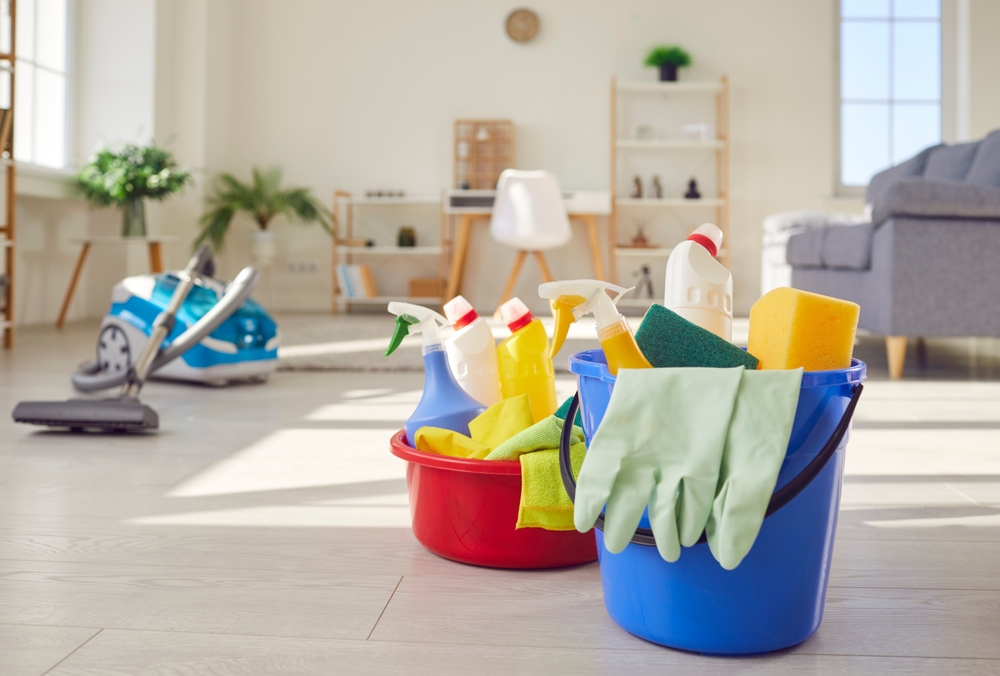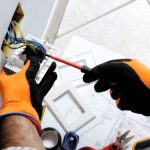There has been a significant shift in consumer preferences toward more sustainable and environmentally-friendly products, and cleaning solutions have not been left out. Eco-friendly cleaning hacks are gaining popularity as people become more aware of the adverse effects that traditional cleaning products can have on both the environment and personal health. Many conventional cleaners contain harsh chemicals that can pollute waterways, harm wildlife, and cause respiratory issues. In response, a growing number of individuals are turning to natural, non-toxic alternatives that are not only efficient but also affordable and easy to use. This article delves into a range of eco-friendly cleaning hacks that actually work, emphasizing their benefits and practicality.
The Power of Household Staples
Some of the most effective eco-friendly cleaning solutions can be found in your kitchen pantry. These everyday items serve as the foundation for numerous DIY cleaning hacks that are both gentle on the environment and tough on dirt and grime.
- Baking Soda: Known for its mild abrasiveness and odor-neutralizing properties, baking soda is a versatile component in many cleaning tasks. It’s ideal for scrubbing surfaces, cleaning ovens, and unclogging drains. Simply sprinkle it onto a damp cloth or sponge and scrub away. For tougher stains, create a paste using baking soda and water, apply it to the stain, let it sit, then scrub and rinse.
- White Vinegar: This acidic solution breaks down mineral deposits, cuts through grease, and kills bacteria. It can be used to clean windows, countertops, and even added to laundry as a fabric softener. For glass surfaces, mix equal parts water and vinegar in a spray bottle, spritz, and wipe with a lint-free cloth for a streak-free shine.
- Lemon Juice: The natural acidity of lemon juice makes it an excellent cleaner. It’s perfect for removing stains, deodorizing, and cutting through grease. To eliminate odors and disinfect your microwave, heat a bowl of water with lemon slices for a few minutes, then wipe the interior clean.
- Olive Oil: Apart from its culinary uses, olive oil is excellent for polishing wood furniture and removing adhesive residue. Combine it with a bit of lemon juice to clean and shine wooden surfaces effectively.
Essential Oils as Cleaning Allies
Essential oils are not only known for their pleasant aromas but are also powerful cleaning agents due to their antimicrobial properties. Incorporating them into cleaning routines can enhance cleaning effectiveness and add a refreshing scent to the space.
- Tea Tree Oil: Its antifungal and antibacterial properties make tea tree oil a strong ally in cleaning. Add a few drops to a spray bottle filled with water and vinegar for a disinfecting solution that works on bathroom and kitchen surfaces.
- Lavender Oil: Known for its calming scent, lavender oil also has antibacterial properties. Mix it with baking soda to create a scented carpet cleaner. Sprinkle on carpets, let sit for an hour, and vacuum for fresh-smelling carpets.
- Eucalyptus Oil: This oil is effective at cutting through grime and serves as a dust mite repellent. Combine it with water and spray on surfaces that tend to attract dust, such as shelves and baseboards.
Eco-Friendly Laundry Solutions
The laundry room is an excellent place to implement green cleaning practices. Traditional laundry detergents often contain phosphates and synthetic fragrances that can harm aquatic life. Instead, try these eco-friendly alternatives:
- Soap Nuts: These natural plant-based cleaners produce a soapy substance when mixed with water. Place a few soap nuts in a cotton bag and toss them into the washing machine for a natural detergent that’s effective and biodegradable.
- DIY Laundry Detergent: Mix washing soda, borax, and grated castile soap for a homemade laundry detergent. This recipe is cost-effective and free from harmful chemicals.
- Wool Dryer Balls: Replace chemical-laden dryer sheets with wool dryer balls. They naturally soften clothes and reduce static, making them a sustainable and reusable option.
Zero-Waste Cleaning Tools
Switching to zero-waste cleaning tools can significantly reduce your environmental footprint:
- Reusable Cleaning Cloths: Ditch disposable paper towels for washable and reusable microfiber cloths. These are excellent for trapping dust and cleaning surfaces efficiently without scratching.
- Bamboo Scrub Brushes: Opt for brushes with bamboo handles and natural fiber bristles. They are durable, biodegradable, and often more aesthetically pleasing than plastic options.
- Compostable Sponges: Made from plant-based materials, compostable sponges are a sustainable alternative to traditional synthetic sponges and break down naturally after use.
Benefits and Impact on Health and Environment
Implementing eco-friendly cleaning methods offers a multitude of benefits for both human health and the environment. Traditional cleaning products often emit volatile organic compounds (VOCs) that can contribute to indoor air pollution, leading to respiratory issues, skin irritation, and other health problems. In contrast, natural cleaning agents are generally non-toxic and hypoallergenic, reducing the risk of adverse health effects.
Environmentally, the use of eco-friendly cleaning products minimizes chemical run-off into water systems, safeguarding aquatic life and ecosystems. Additionally, using reusable and compostable cleaning tools helps reduce plastic waste and carbon footprint.
Transitioning to eco-friendly cleaning solutions is a small step that can have a profound impact on personal well-being and the environment. By utilizing everyday household items, incorporating essential oils, and embracing zero-waste tools, individuals can maintain a clean and healthy living space while promoting sustainability. These practical and effective cleaning hacks not only simplify the cleansing process but also align with a broader commitment to environmental stewardship and healthy living. As awareness continues to grow, these eco-friendly practices will likely become the norm, paving the way for a cleaner and greener future.



